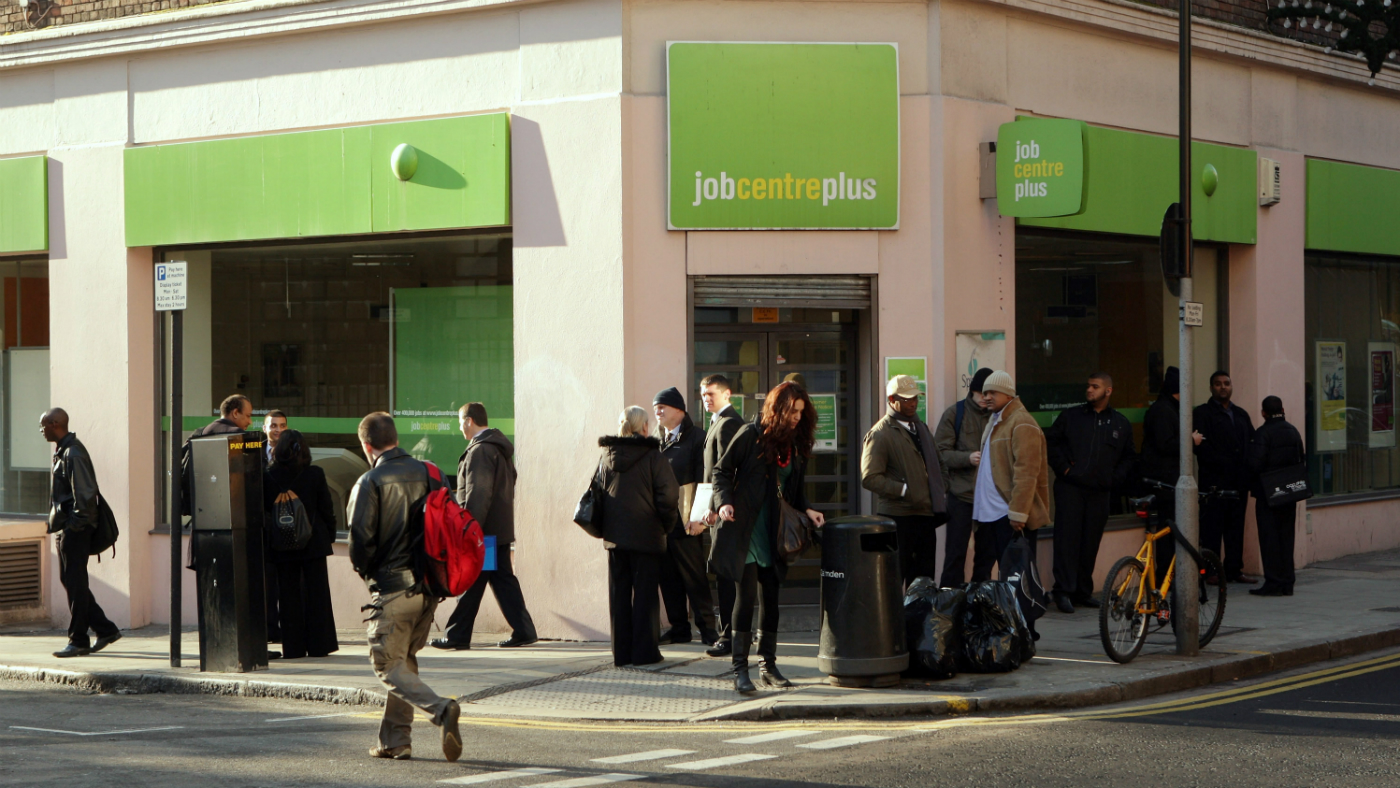The great universal credit swindle
Multimillion-pound benefit scam is exposed as fraudsters target flagship scheme

A free daily email with the biggest news stories of the day – and the best features from TheWeek.com
You are now subscribed
Your newsletter sign-up was successful
Universal credit is being targeted by fraudsters, with tens of millions of pounds believed to have been stolen.
A loophole in the government’s flagship benefits scheme has enabled fraudulent applications and advance loans to be made, leaving genuine claimants left owing hundreds of pounds, a BBC investigation has found.
According to one unnamed official, the Department for Work and Pensions (DWP) estimates that one in ten of the 100,000-plus monthly advances are “potentially bogus”.
The Week
Escape your echo chamber. Get the facts behind the news, plus analysis from multiple perspectives.

Sign up for The Week's Free Newsletters
From our morning news briefing to a weekly Good News Newsletter, get the best of The Week delivered directly to your inbox.
From our morning news briefing to a weekly Good News Newsletter, get the best of The Week delivered directly to your inbox.
“This suggests that fraud rates on universal credit are about four times higher than on most other benefits,” says the BBC. “Ironically, one of the original goals of universal credit was to save about a billion pounds in fraud and error.”
One DWP official said: “Money is pouring out of the public purse like lottery jackpots every day.”
What is universal credit?
It is one means-tested payment transferred directly into the claimant’s bank account each month, explains the BBC. It covers tax credit, child tax credit, jobseeker’s allowance, income support, employment support and housing benefit and is given to more than 1.5 million people across Britain.
A free daily email with the biggest news stories of the day – and the best features from TheWeek.com
How does the scam work?
A fraudster contacts a claimant - for example by posing as a Jobcentre Plus official - and informs them that a government grant or payday loan is available.
The claimant then hands over details, such as ID, bank card details and a photograph, which will be used by the fraudster to make a universal credit application on the claimant’s behalf.
Once the DWP approves the claim and transfers the money to the claimant’s bank, the frauster demands a sizeable “fee” before disappearing, leaving the claimant owing money to the government.
One benefits official told the BBC that they believe more than a third of claims made at one particular Jobcentre Plus branch are fake. Another branch recorded £100,000 of fraudulent activity each month.
“This is a massive issue,” wrote one official on an internal DWP message board. “They are literally making up street names and children (I have had Lisa, Bart and Homer recently, Simpsons cartoon characters) getting the money and we never hear from them again.”
Other suspicious claims include one from “a 19-year-old with six blind children”, as well as another stating that “Harry Kane” (the Tottenham and England footballer) was their landlord, the BBC reports.
What has the DWP said?
DWP minister Baroness Buscombe told the BBC: “We’re encouraging people to listen to their instincts. If someone offers you a low-cost loan from the government, they may be trying to steal your identity.
“Treat your personal information for benefits in the same way you would for your bank. And if you think you’ve been targeted, we urge you to report it urgently.”